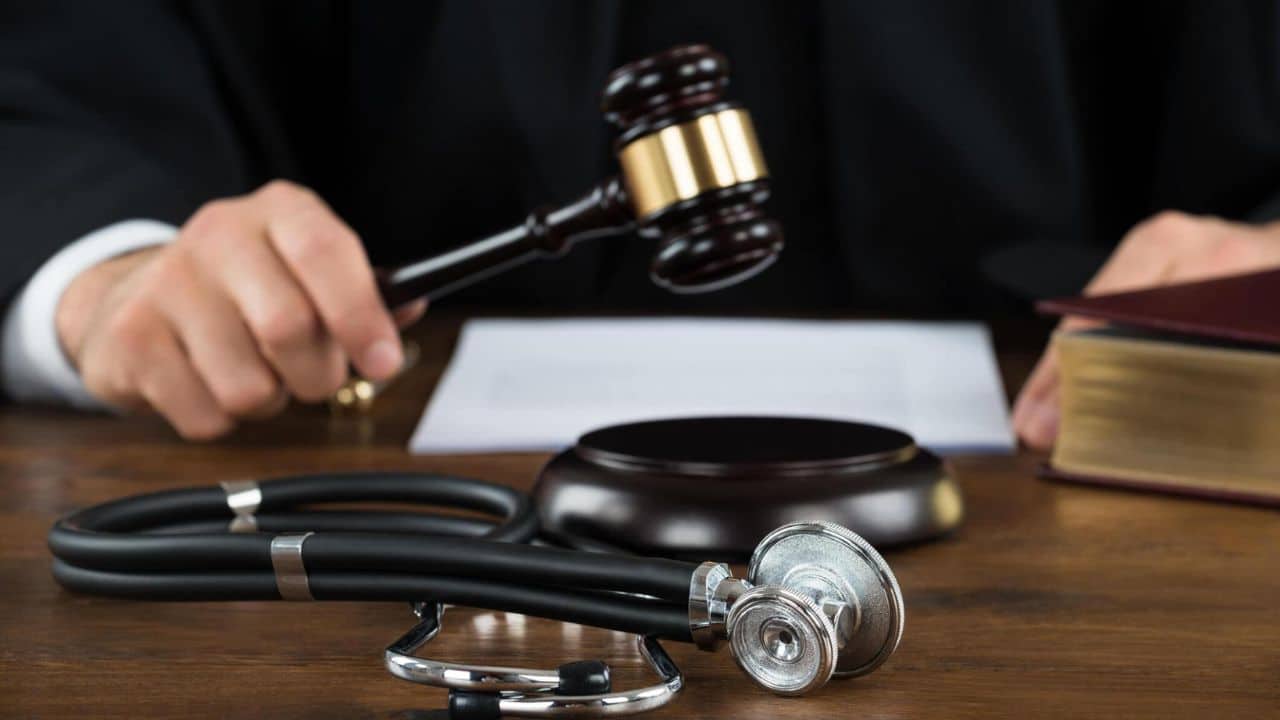Have you ever wondered why some people take their personal injury claims to trial? Usually, personal injury claims, such as those due to car accidents or slips-and-falls, are resolved through an out-of-court legal process where you and the other party only need to agree on a fair settlement without going to trial.
While it may seem more straightforward to settle outside of court, there are instances when going to trial is necessary. This article will help you understand why pursuing a personal injury lawsuit is essential and what to do to win one.
How Are Personal Injury Cases Resolved?
Personal injury cases can be resolved through various methods. However, mediation is the most common and simplest way to settle a personal injury claim.
Mediation is a voluntary process in which a neutral third party, known as a mediator, facilitates discussions between the parties to reach a settlement. Note that the mediator does not make decisions; instead, they support the parties in obtaining a mutually acceptable arrangement or settlement. Mediation can be an effective technique to resolve disputes in a less hostile environment than a courtroom. Settlements through mediation can be favorable since they often result in faster outcomes and save time and money over going to trial.
However, the personal injury claim may escalate to a trial if several legal issues arise. Examples of this may be a dispute over liability or a disagreement on the settlement value.
Reasons for Taking Your Personal Injury Claim to Trial
While it may entail extra effort, time, and costs, sometimes, forwarding your case to court might be the best solution for you to receive maximum compensation for several reasons.
Dispute Over Liability
Sometimes, demonstrating the other party’s fault in an accident can be challenging, such as when there is insufficient evidence to substantiate your claim, witness testimonies conflict with each other, or relevant information about the case fails to align.
When the other party’s insurance company sees these issues, they may claim that you are partially or fully at fault for the case, leading to a case dismissal. You may pursue a personal injury lawsuit if you are certain that you didn’t cause the crash.
If you are partly responsible for the accident, you may or may not receive compensation, depending on the jurisdiction of your state. For instance, under pure comparative negligence, you may still pursue a case if you are partially liable for the damages in California. However, your settlement will be reduced depending on how much you contributed to the accident.
It is best to determine the jurisdiction of the state on such matters and contact a lawyer who knows how to go over these specifics and avoid having your case dismissed.
Statute of Limitations
The statute of limitations sets a specific time limit within which a lawsuit must be filed. When the statute of limitations expires, you will lose the right to bring a lawsuit or take legal action for your accident.
In personal injury cases, individuals typically have two years from the accident date to pursue legal action. However, this time frame varies depending on the state or jurisdiction and the nature of the case. For example, injured victims in Arkansas have three years to file a claim.
Let’s say a truck driver hits you in Bakersfield. Due to the car accident, you suffer a permanent leg disability. Since the treatment took so long, you now have limited time before the statute of limitations expires. In such a circumstance, Bakersfield personal injury lawyers can determine if the remaining time can be sufficient when filing a case and how to speed up the legal process for you to receive fair compensation.
Lawyers opt to proceed to trial when negotiations extend beyond a reasonable timeframe. Suppose your accident attorney fails to initiate legal proceedings within the statute of limitations. In that case, you may encounter several consequences, such as your claim becoming invalid, resulting in no compensation for the accident.
Your accident attorney may then encounter legal ramifications in such an instance, as you can pursue legal action against them for negligence in handling your case.
Severe Damages
Suffering severe injuries in an accident can lead to substantial expenses. You may face costs for therapies, frequent doctor’s visits, prescriptions, and other medical necessities. In a personal injury case, these damages are crucial as they are the basis of your settlement’s value.
Unfortunately, the more severe and costly your injuries, the higher the probability that the at-fault driver’s insurance provider will deny compensation. This is why some attorneys opt to pursue personal injury trials.
Insufficient Settlement Offer
If the insurance company’s settlement does not fully cover your damages, like medical bills, lost wages, and other losses, going to trial may be your only option for obtaining appropriate compensation.
While you can pursue a personal injury lawsuit, is it really worth the time, effort, and cost? Although the initial settlement offer might address your immediate accident-related expenses, opting for a personal injury trial typically results in higher compensation. This is because accident attorneys meticulously assess all potential avenues to include when determining the settlement amount.
Aside from the financial losses of the accident, they will determine if you suffered non-economic damages, such as emotional distress, pain and suffering, or loss of life enjoyment. They can quantify these and add them to your total compensation.
They can also contend for punitive damages, which are additional costs included in your settlement, if the court finds the at-fault party’s actions extreme or malicious. However, only the court can decide about this.
Do I Need to Hire a Lawyer for a Personal Injury Claim?
Hiring an attorney is always a good idea, especially if your case faces several legal issues that may hinder you from getting the compensation you deserve. A lawyer can help you manage complex legal procedures, assert your rights, negotiate with insurance companies, gather evidence to support your case, and ensure you are compensated fairly for your injuries and losses. Furthermore, an attorney may provide the best legal advice and handle all parts of your case, freeing you to concentrate on your rehabilitation without the extra stress of legal proceedings.








































